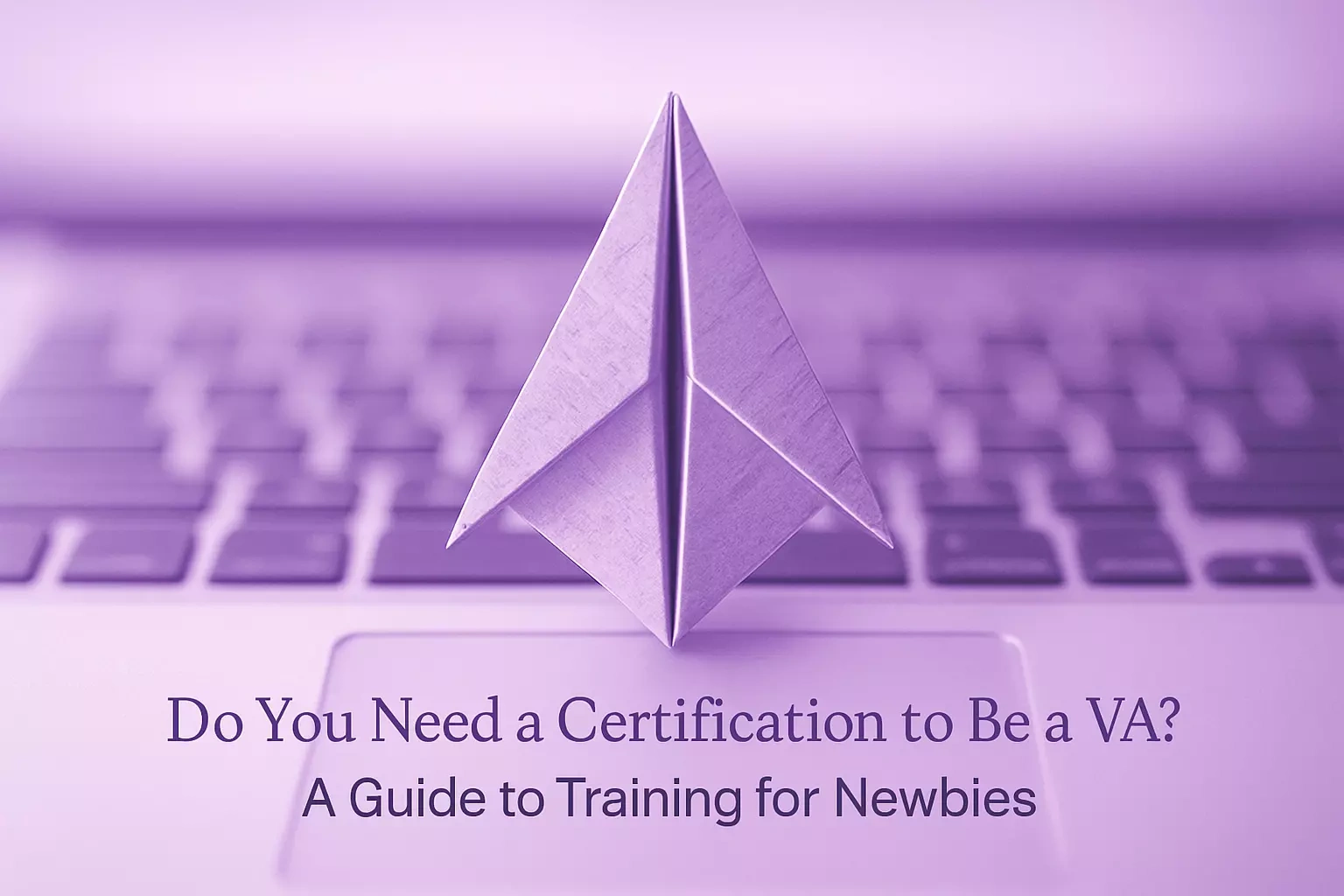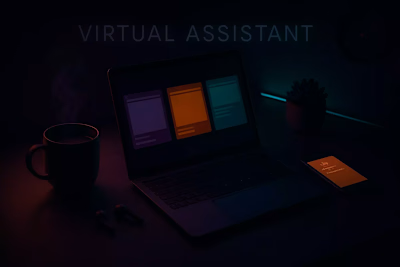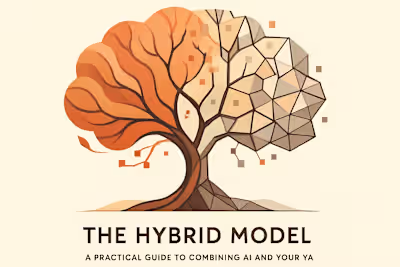Do You Need a Certification to Be a VA? A Guide to Training for Newbies

Do You Need a Certification to Be a VA? A Guide to Training for Newbies
The Great Debate: Certification vs. Experience
The Pros of Getting Certified
The Cons and Why It's Not a Requirement
Why a Strong Portfolio is Your Best Asset
Essential Areas of Training for Aspiring VAs
Mastering Core VA Tools and Technology
Learning Client Management and Professional Communication
Understanding the Business of Being a VA
How to Get Trained Without Breaking the Bank
Leveraging Free Courses from Reputable Platforms
Building Skills Through Practical Application
The Power of YouTube, Blogs, and Online Communities
References
Do You Need a Certification to Be a VA? A Guide to Training for Newbies
The Great Debate: Certification vs. Experience
The Pros of Getting Certified
The Cons and Why It's Not a Requirement
Why a Strong Portfolio is Your Best Asset
Essential Areas of Training for Aspiring VAs
Mastering Core VA Tools and Technology
Learning Client Management and Professional Communication
Understanding the Business of Being a VA
How to Get Trained Without Breaking the Bank
Leveraging Free Courses from Reputable Platforms
Building Skills Through Practical Application
The Power of YouTube, Blogs, and Online Communities
References
Posted Jun 30, 2025
Wondering if you need a formal certification to start your virtual assistant career? We break down the pros and cons and offer practical training tips for beginners.










